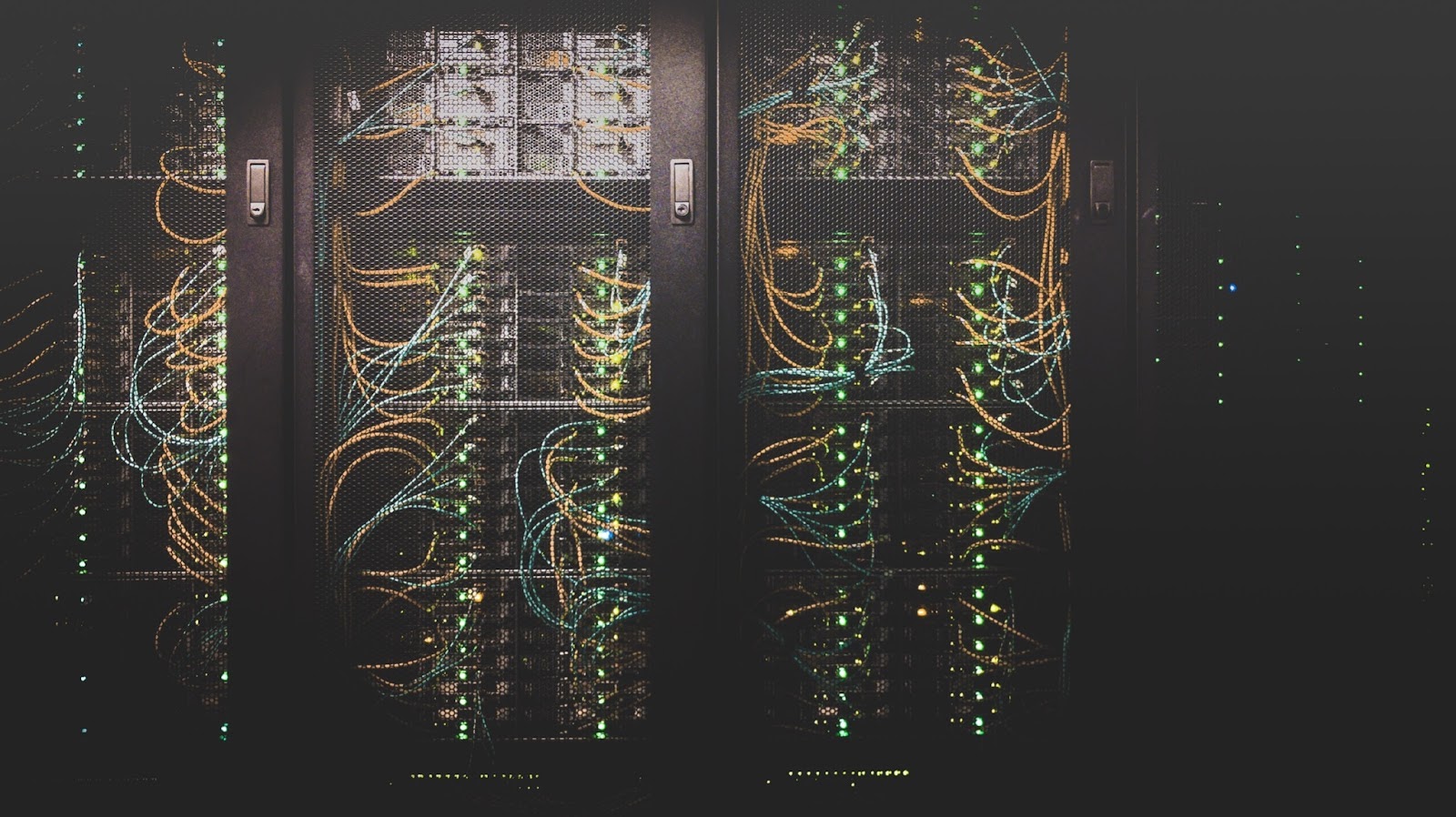-
Digital Marketing
We help you to use your digital potential. For a strong positioning, more visibility and more leads.
Get Growth ready
With the BEE.Transformance model, we bring continuous and profitable growth to your company. A new mindset for your team.
Industries
We transform your challenges into opportunities through the experience we have gained from projects in these industries.
-
HubSpot Services
As a HubSpot Diamond Partner, we help you implement your digital growth strategy with a focus on performance - by implementing and integrating new and existing systems as well as 3rd party apps.
HubSpot Thought Leader
As a HubSpot Diamond Partner with +50 certifications, host of the HubSpot User Group Zurich, HubSpot Trainer and HuSpot User Champions, you have access to in-depth HubSpot expertise.
HubSpot Solutions
The BEE.Theme offers you more creative freedom than any other theme on the market. Whether you're a beginner or a professional, a creative mind or a digital agency - with the BEE theme, you can easily unleash the maximum power for your pages in HubSpot CMS.
-
BEE.Blog
Knowledge around digital marketing, digital sales, technology, data intelligence and employees.
Knowledge Base
Pure knowledge: everything essential concentrated, compact, digitally prepared for you and ready to download.
What is inbound?
The most effective way to successfully combine digital marketing and digital sales.
-
BEE.Team
The BEE.Performers: many different characters - with one thing in common: the fascination for a digital world.
References
More than 100 large and small companies have already started with BEE: to more visibility, more performance, more growth.
Invest
Participate in the growth of BEE and become part of the BEE Growth Story by purchasing Digital Share Tokens.
We're hiring
Become a BEE.Performer! Are you ready for your own transformation?
Remaining successful in the future - Three important areas for companies
For your business to thrive in the future, setting effective goals and strategies is crucial. The recent pandemic and resulting lockdowns have highlighted the importance of adaptability in times of crisis. The next challenges your company is likely to face are climate change and digitisation. Are you ready?
Know your goals as an entrepreneur
The first step towards greater sustainability is the formulation and elaboration of your own corporate goals. By understanding the journey ahead, you can make meaningful and necessary changes.
The following three areas give you an idea of the possibilities you have. They are major categories that can help you to concretise your goals. It is important to distinguish between short-term, medium-term and long-term goals. For example, in the long term, you can aim for your company to become climate-neutral; in the short term, you can decide that only essential business trips will be made; and in the medium term, you can plan to convert the entire vehicle fleet to e-cars.
1. Don't miss out on digitisation
To keep up with your competitors in the future, you should promote digitisation in your company, because your customers will expect it from you. They want to be able to buy goods online, book services online and get advice via chat, email or video telephony.
But internal processes also hold a lot of potential for digitalisation. The storage of files, data sharing, and process control can already occur digitally in many cases today.
Another essential building block is digital marketing. Here, it is important to reach customers and business partners. Print advertising is not yet obsolete but should always be complemented by good visibility in social media and a structured, informative website. This is where experienced digital marketing staff can offer valuable input. If necessary, you should hire new professionals.
2. Motivate employees
Your employees are the driving force that enables your business idea to come to life. They keep the business running, develop new ideas and do a large part of the workload. As an entrepreneur, it is up to you to ensure that the team stays motivated. Regular feedback and praise for good performance are the basis for this.
There are also other measures that can boost your employees’ loyalty and enthusiasm. As a supervisor and/or manager, you should consider giving up some of your responsibility and transferring it to your employees. Encourage them to find innovative solutions to problems and formulate their own goals. Being granted a level of autonomy and entrusted with specific responsibilities will help your people feel more invested in the success of your business.
Most people want to have meaningful work — they want to see the impact of their effort. In the complicated structures of a company, this is not always easy. Showing your employees that each individual is recognised and reminding them of the critical role they play in the growth of the business is crucial. You should observe each individual’s strengths and help them to develop them further. This can be done through training or by giving them new tasks and more responsibility in certain areas.
3. Embrace sustainability
The issue of sustainability will affect your business sooner or later, and it’s important that, as an entrepreneur, you take the necessary measures. Your employees may even drive the need for more sustainable methods of operating your business.
Social sustainability is an ecosystem whereby each area of your business, from production, material sourcing, service delivery, and the ethics applied within your corporate environment, all align with sustainability objectives. This can be achieved with the following measures:
- Offer flexible working hours: This often makes it easier to reconcile work and family life. But other areas of individual lifestyle are also less restricted in this way.
- Enable home office: This saves your employees long commuting times and gives them more free time.
- Fair pay: Ensure all employees are paid fairly and comparably according to their skills and scope of duties.
- Create a healthy working atmosphere: Open communication, special events and team-building measures can lead to better interaction among employees.
In addition to social sustainability, you should not forget environmental sustainability. This is about keeping the impact on the environment as low as possible. This isn’t merely a PR exercise for your company; it helps you to reduce energy costs by, for example, saving electricity in the company, reducing water consumption and shortening transport routes. A more efficient use of raw materials also has a positive effect on your company's environmental balance. Furthermore, sustainable companies are much more attractive to many young employees, so you can strengthen your brand as an employer.
The last pillar is economic sustainability, which should not be forgotten as an important part of your business goals. After all, you want to be successful as an entrepreneur. By using recycled materials, recycling yourself or relying on renewable raw materials, you ensure that your production can function in the long term.
Conclusion
Companies that want to remain successful in the coming years are best off combining several measures. The above-mentioned areas, such as employee satisfaction, digitalisation and sustainability, are significant, but that’s not where your efforts should stop.
There are many other ways to ensure survival in the market. If you become an innovation leader with your company or make a name for yourself with an outstanding product and service quality, this, of course, also increases your chances.
Comment
Related Posts

How to Implement a Scalable Tech Stack
Cindy Hameed | 17 Feb 2022
As your business grows and responds to the evolving needs of customers, the technology you use will also have to adapt, upgrade and improve in order to provide maximum ...
reading time: 8min
Zum Blog

How Your B2B Sales Team Can Be More Successful in 2023
Lanny Heiz | 3 Mar 2022
For over two years, your sales team has been put to the test. Overnight, the established methods that worked relatively well before suddenly became irrelevant. Many ...
reading time: 5min
Zum Blog

Be(e) Strategic: Your Website is Your Best Salesperson
Ben Klein | 13 May 2021
It's time to talk about the most important member of your sales team: your business website. 75% of companies say that closing more deals is their top sales priority, ...
reading time: 7min
Zum Blog
